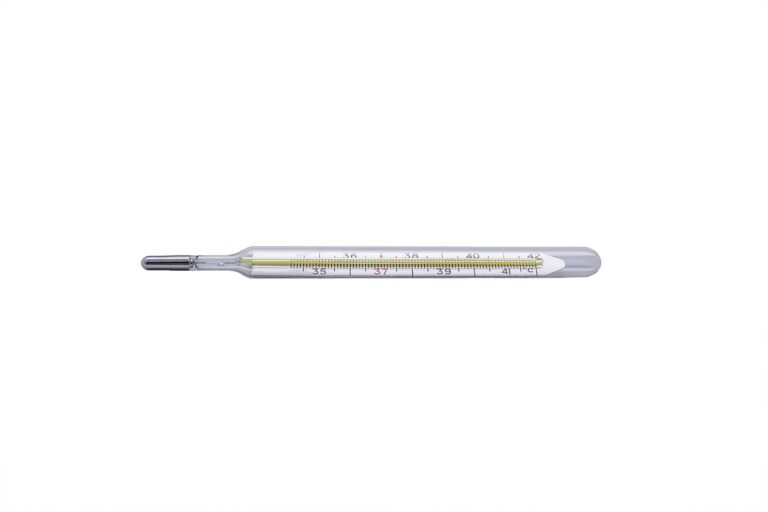Integrative Therapies for Managing Chronic Heart Conditions: 11xplay, Reddy anna book, Goldenexch 7777
11xplay, reddy anna book, goldenexch 7777: Managing chronic heart conditions can be a challenging and complex journey. While traditional medical treatments play a crucial role in controlling these conditions, integrative therapies can offer additional support and benefits. Integrative therapies focus on treating the whole person, addressing not just the physical symptoms but also the emotional, mental, and spiritual aspects of health.
In this article, we’ll explore some integrative therapies that can help individuals manage chronic heart conditions effectively. From stress-reducing techniques to dietary changes and mind-body practices, these therapies can complement conventional treatments and improve overall well-being.
Mindfulness and Meditation
One of the most powerful tools for managing chronic heart conditions is mindfulness meditation. This practice involves focusing on the present moment and cultivating a sense of calm and awareness. Research has shown that mindfulness meditation can help reduce stress, lower blood pressure, and improve heart health.
Practicing mindfulness meditation regularly can also help individuals cope with anxiety and depression, which are common among people with chronic heart conditions. By calming the mind and reducing negative emotions, mindfulness meditation promotes overall well-being and heart health.
Nutrition and Dietary Changes
Diet plays a critical role in managing chronic heart conditions. Making healthy food choices, such as eating a diet rich in fruits, vegetables, whole grains, and lean proteins, can help lower cholesterol, reduce inflammation, and improve heart function. Avoiding processed foods, sugary drinks, and saturated fats is also essential for heart health.
Incorporating specific nutrients like omega-3 fatty acids, magnesium, and antioxidants into your diet can further support heart health. Supplements may also be beneficial for individuals with specific nutrient deficiencies or conditions that require additional support.
Exercise and Physical Activity
Regular physical activity is essential for managing chronic heart conditions. Exercise helps strengthen the heart muscle, improve circulation, and lower blood pressure. It also helps maintain a healthy weight, reduce stress, and improve overall cardiovascular health.
Engaging in activities like walking, swimming, cycling, or yoga can be beneficial for individuals with chronic heart conditions. It’s essential to consult with a healthcare provider before starting any exercise program to ensure safety and effectiveness.
Acupuncture and Traditional Chinese Medicine
Acupuncture, a key component of Traditional Chinese Medicine (TCM), involves inserting thin needles into specific points on the body to promote healing and balance. This ancient practice has been shown to help manage chronic pain, reduce inflammation, and improve blood flow.
In the context of chronic heart conditions, acupuncture can help reduce symptoms like chest pain, palpitations, and shortness of breath. It can also support overall heart health by regulating blood pressure, cholesterol levels, and stress hormones.
Massage Therapy and Bodywork
Massage therapy and other bodywork techniques can be beneficial for individuals with chronic heart conditions. These therapies help reduce muscle tension, improve circulation, and promote relaxation. They can also help alleviate symptoms like chest tightness, fatigue, and anxiety.
Receiving regular massages or bodywork sessions can provide physical and emotional benefits for individuals managing chronic heart conditions. It’s essential to work with a qualified massage therapist who has experience working with clients with heart conditions.
FAQs
1. Are integrative therapies safe for managing chronic heart conditions?
Integrative therapies can be safe and effective when used in conjunction with conventional medical treatments. It’s essential to consult with healthcare providers before starting any new therapy to ensure its safety and appropriateness for your specific condition.
2. Can integrative therapies replace traditional medical treatments for heart conditions?
Integrative therapies should complement rather than replace traditional medical treatments for chronic heart conditions. These therapies can provide additional support and promote overall well-being but should not serve as a substitute for standard medical care.
3. How can I incorporate integrative therapies into my treatment plan for a chronic heart condition?
It’s essential to work with a healthcare team, including doctors, dietitians, and other providers, to develop a comprehensive treatment plan that includes integrative therapies. Discussing your preferences, goals, and concerns with your healthcare team can help tailor a plan that meets your needs and supports your heart health.
In conclusion, integrative therapies offer valuable tools for managing chronic heart conditions. By incorporating practices like mindfulness meditation, nutrition changes, exercise, acupuncture, massage therapy, and more into your treatment plan, you can enhance your overall well-being and support your heart health. Remember to work closely with your healthcare team to ensure that integrative therapies are safe and effective for your specific condition.







